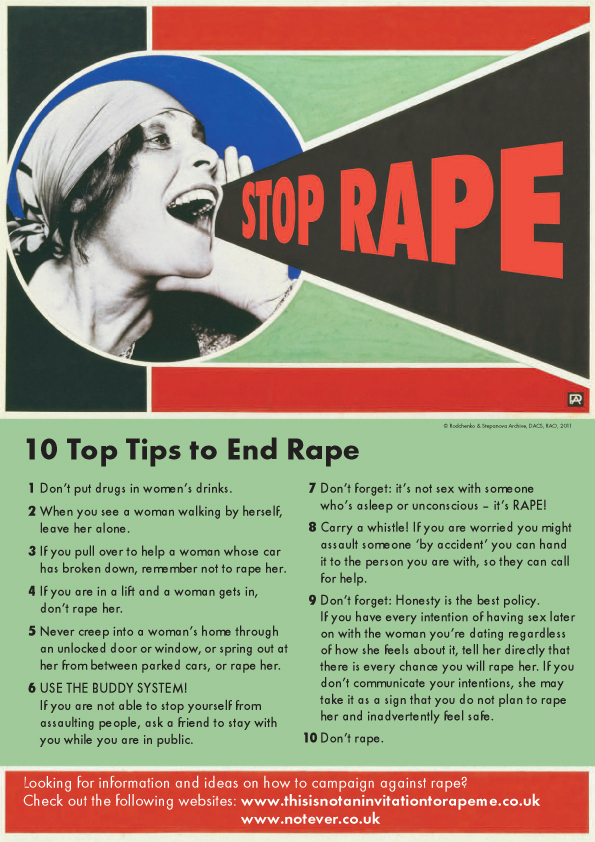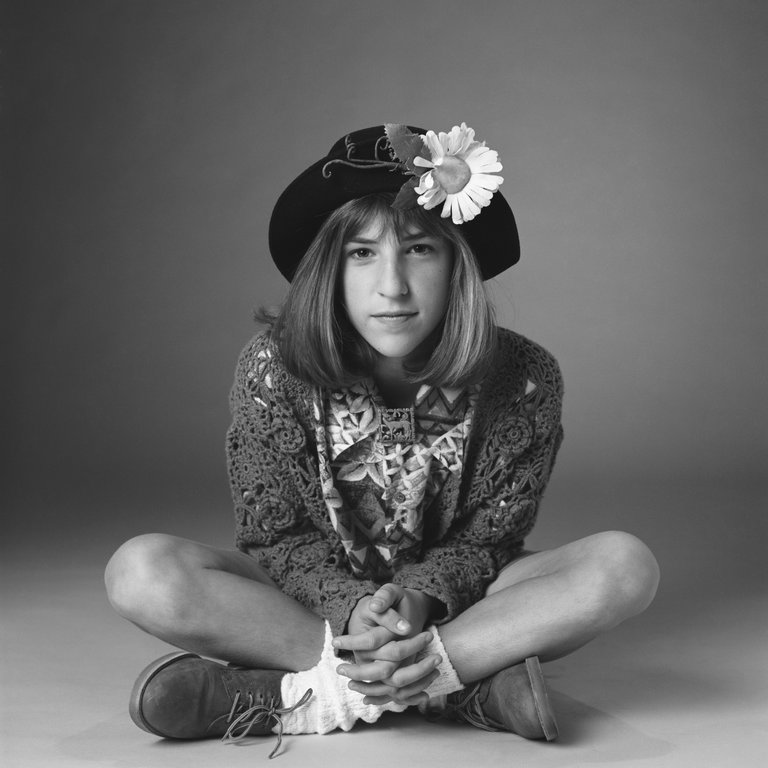The vast majority of women are familiar with a certain sinking feeling. That feeling like you’ve been punched in the gut, coupled with horror and fear. We know the shaky feeling you get when someone takes a good, long look at you from top to bottom, undressing you with their eyes. Or the one you get when someone feels comfortable enough telling you exactly what they’d like to do to you as you walk by. It’s the feeling that makes you leave the train two stops before early, just so you won’t have to listen to the garbage that person is spewing. You know, THAT feeling. You know it. I know it. And chances are, most of the women around you know it. Studies show that 99% of women have been harassed sometime in their lives. And nearly 70% of women face harassment more than 25 times in their lives.
The allegations of harassment and assault piling up against Hollywood producer and executive Harvey Weinstein have led to an incredibly open discussion by millions of women about their own experience with harassment and assault. One particular piece, penned by “Big Bang Theory” star Mayim Bialik, has really missed the mark and caused consternation.
When I read Bialik’s NYT on-ed about sexual harassment entitled “Being a Feminist in Harvey Weinstein’s World,” I was shocked. Bialik seems to suggest that if women just dress modestly and keep themselves guarded at all times, they (like her) can also escape harassment or assault.
I wear the hijab and I do my best to dress modestly. Trust me when I tell you, sexual harassment is not about how women dress. Being harassed or catcalled or physically or sexually assaulted does not mean that the victim dressed immodestly. It does not mean she was too outgoing or flirty. If a woman has experienced harassment or assault, it means that she has been forced to experience something that she should never have to experience. Because it’s her world just as much as it is Harvey Weinstein’s world. Because it’s her world just as much as it is her predator’s world.
Bialik’s piece did not tell me anything about Bialik, other than the fact that she is incredibly fortunate to have never been placed that position of vulnerability and powerlessness.
But the problem in our society, no matter what community we grew up in, is that focus on teaching girls not to get harassed or raped, as if that is something we can teach. We don’t teach boys not to rape. We celebrate men who say that they respect women because they have wives and daughters, as if you need a reason to respect women. We are pleasantly surprised when we meet men who actively respect women and treat them with dignity and honor.
In our society, we tell girls to put their heads down and walk away fast when they face something like that. Because the only thing that exacerbates that situation is to show that it affected you or to respond. And by telling girls that, we tell them that it’s not their world as much as it Harvey Weinstein’s world. By telling girls to always have their guard up, we tell them it’s not their world as much as it is Harvey Weinstein’s world. By allowing men to only treat women like humans when they have wives and daughters, we tell all women that it’s not their world as much as it is Harvey Weinstein’s world.Because trust me, no woman learned to treat men like humans simply by having a husband or a son.
That’s not to say that we should not take precautions. We should.

But why don’t we, as a society, also try to enforce the same level of accountability on men that we do on women? Why don’t we, as a society, remind the world that it is not lame to stand up for a woman facing harassment or abuse? Why don’t we, as a society, remind the world that women are humans and deserve as much dignity as men? And why don’t we, as a society, remind everyone that it is NOT Harvey Weinstein’s world? Why don’t we, as a society, teach males not to harass or rape, rather than teaching females not to get harassed or raped? These sound like better goals than telling women that it’s not her world as much as it is Harvey Weinstein’s world.
Dear Mayim Bialik, It’s not Harvey Weinstein’s world. And what you are doing is not called feminism. It’s called victim blaming. Sincerely, this feminist.
Mahira Musani is a second year law student in Chicago, IL.



















1 Comment